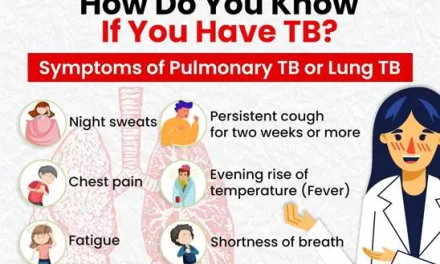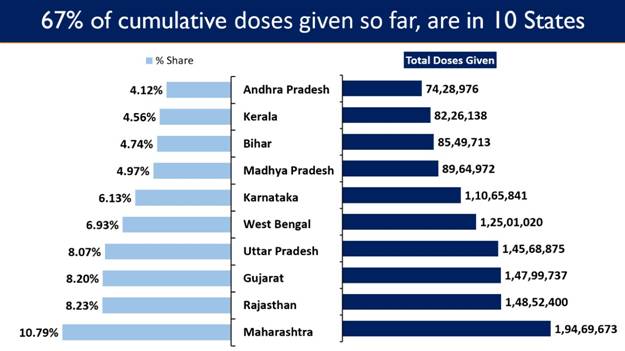A recent study suggests that walking speed could serve as a simple and effective tool for identifying metabolic health risks among people with obesity. The research, published in the journal Scientific Reports, indicates that a faster walking pace may not only enhance mobility but also reduce the risk of metabolic diseases.
Conducted by researchers from Doshisha University in Japan, the study explores the relationship between subjective walking speed and the likelihood of developing conditions like hypertension, diabetes, and dyslipidemia. “This study clarified that even individuals with obesity, who are at higher risk for metabolic diseases, have lower odds of hypertension, diabetes mellitus, and dyslipidemia if they report a fast subjective walking speed,” explained Prof. Kojiro Ishii, a key researcher on the study.
Subjective Walking Speed as a Health Indicator
Unlike objective walking speed, which requires specialized equipment and space to measure, subjective walking speed is self-reported. This makes it an easily accessible and cost-effective method to incorporate into routine health assessments. The researchers argue that subjective walking speed could become a vital public health tool for early identification of metabolic risks.
“Individuals who walk quickly may be more fit and less prone to metabolic diseases,” the study notes. Faster walking is associated with improved cardiorespiratory fitness and lower levels of inflammation and oxidative stress, two primary contributors to metabolic diseases.
Key Findings from the Study
The research assessed data from 8,578 individuals with obesity, 9,626 individuals with high waist circumference, and 6,742 individuals meeting both criteria. Key findings include:
- A 30% lower risk of diabetes among faster walkers.
- Smaller but significant reductions in the risks of hypertension and dyslipidemia for those with faster walking speeds.
These findings highlight the potential of walking speed as a modifiable behavior to improve health outcomes in at-risk populations.
Implications for Public Health
The study reinforces the idea that promoting faster walking as part of a healthy lifestyle could be an effective strategy for preventing metabolic diseases, particularly in individuals with obesity. “Promoting a faster walking pace may be a helpful individual behavior to help prevent metabolic diseases,” said Dr. Ishii.
Broader Context
Previous studies have established links between slow walking speeds and increased risks of cardiovascular diseases and mortality, particularly in older adults. This new research extends those insights to individuals with obesity, underscoring the importance of walking pace as a simple yet powerful health indicator.
As obesity rates continue to rise globally, easy-to-implement strategies like encouraging faster walking could play a crucial role in mitigating the associated health risks. This study provides a promising avenue for integrating walking pace assessments into public health initiatives, offering a low-cost method to address the growing burden of metabolic diseases.












